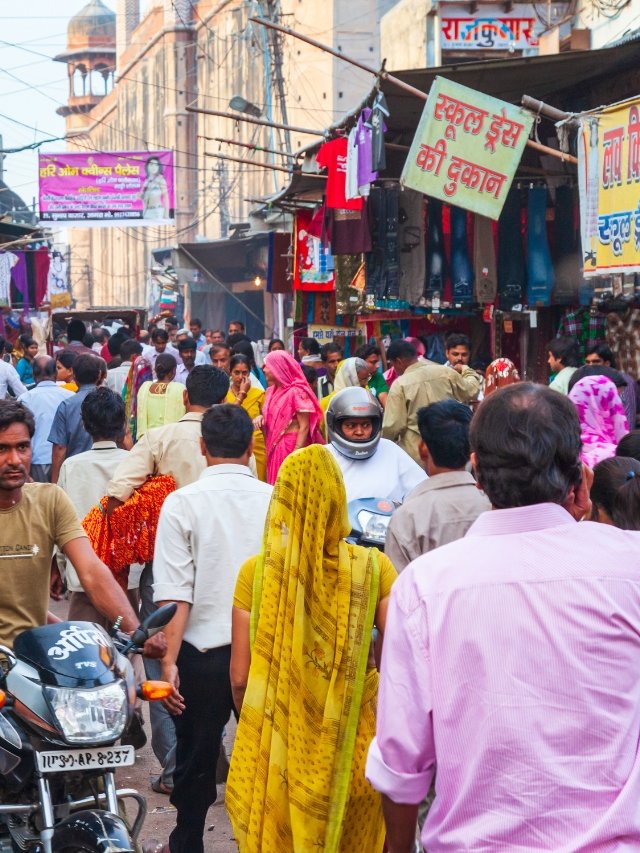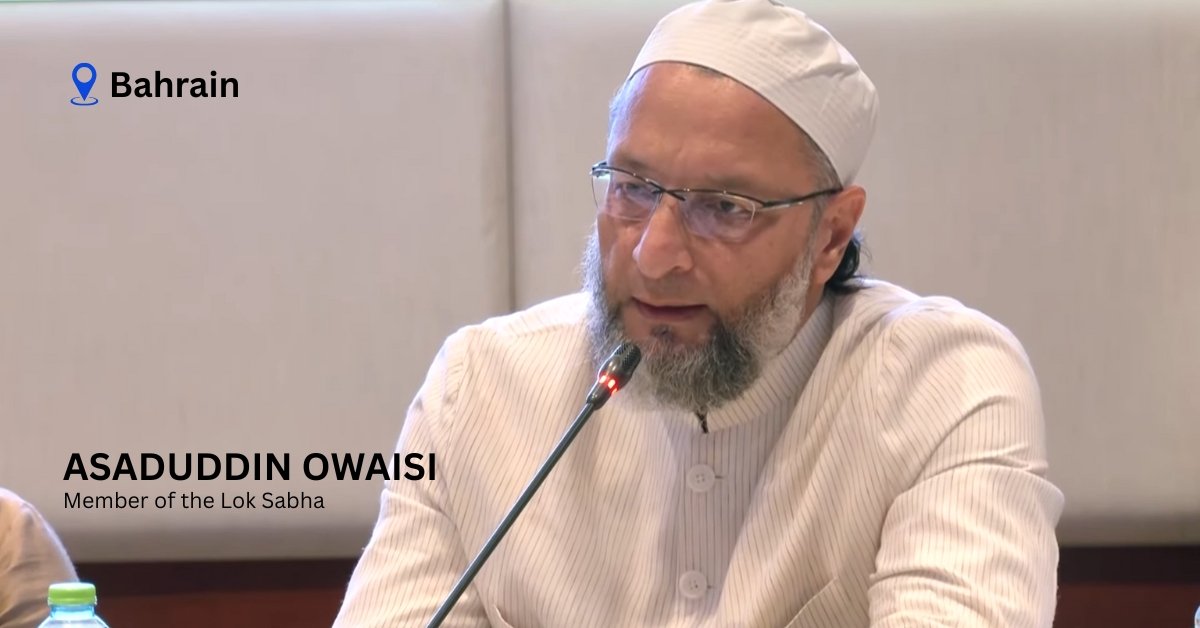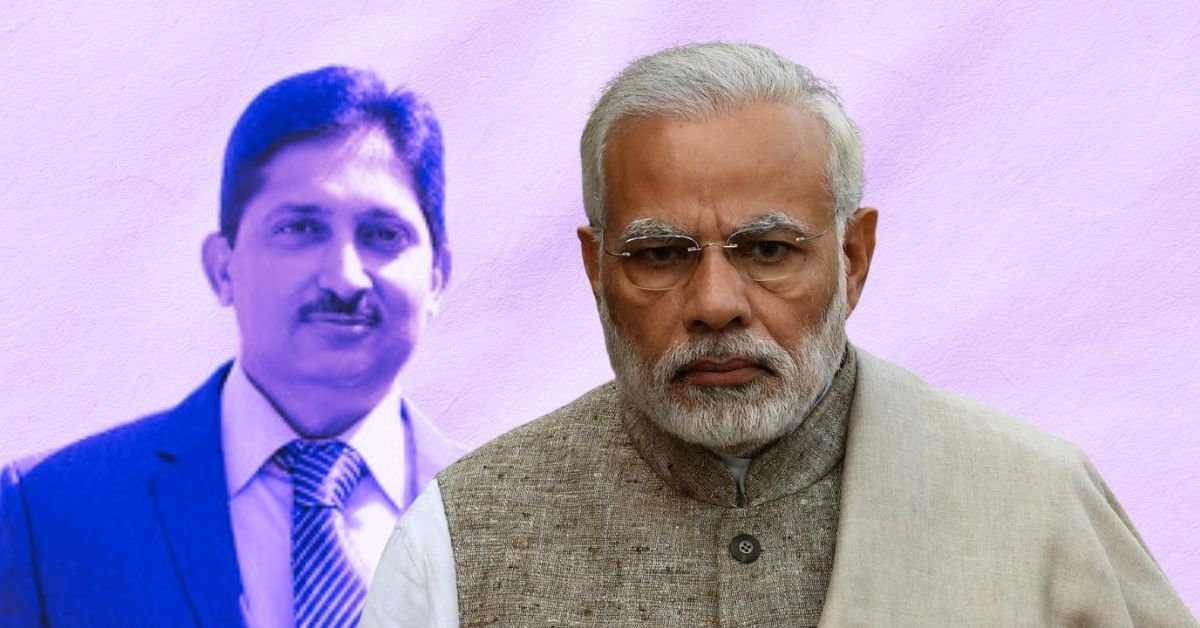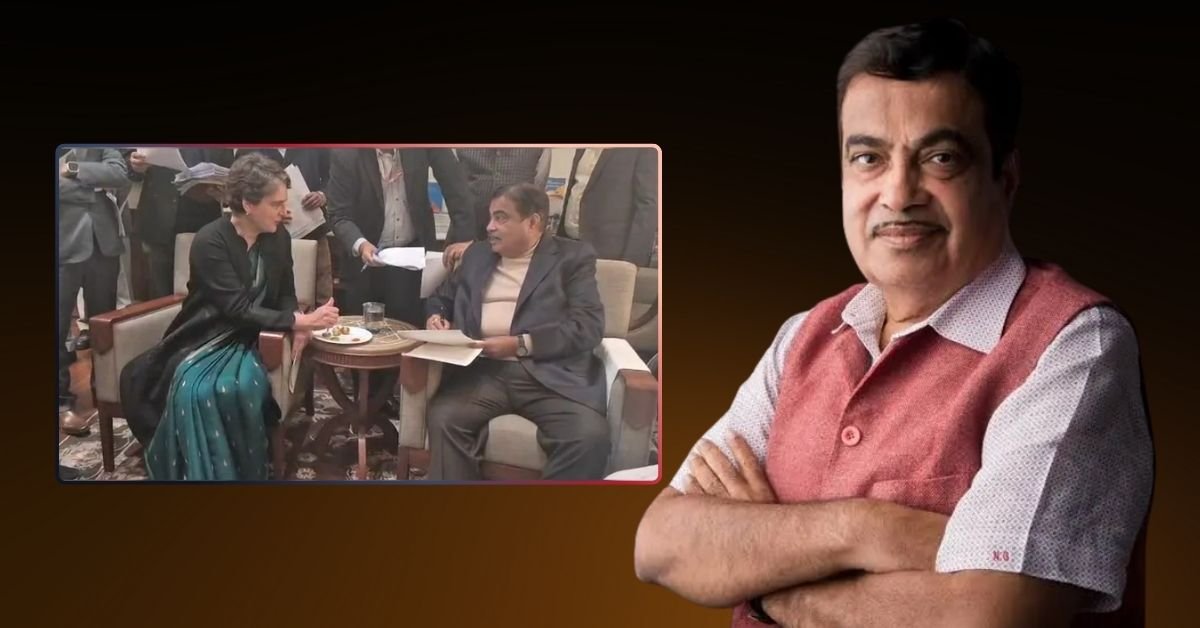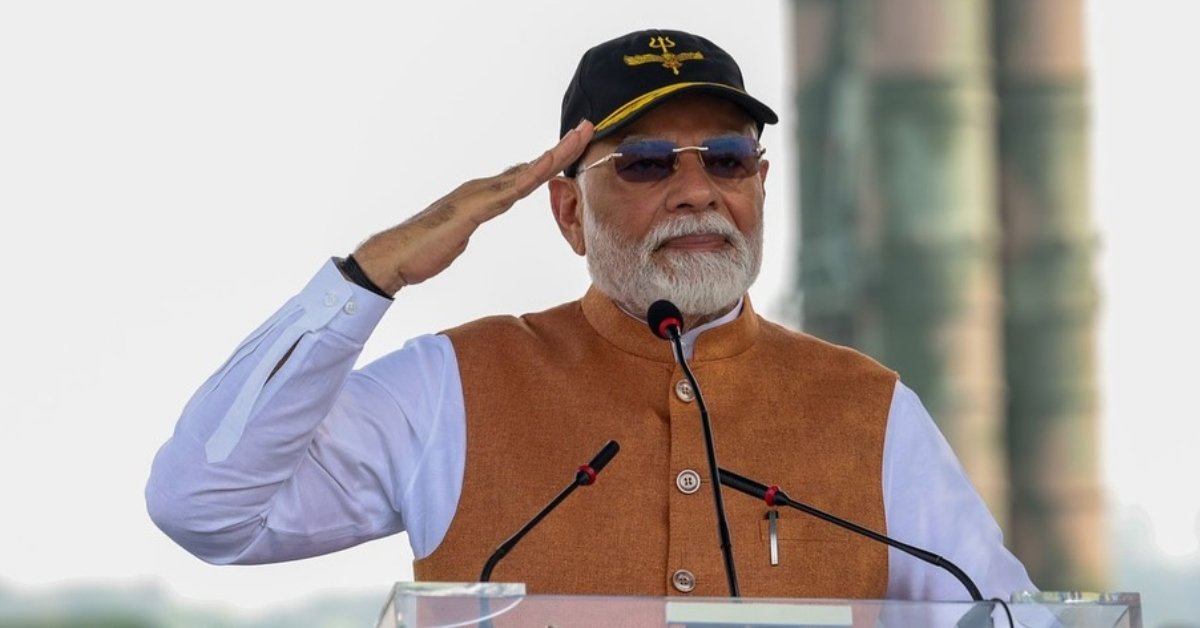Table Of Contents
Asaduddin Owaisi
Asaduddin Owaisi, the outspoken president of the All India Majlis-e-Ittehadul Muslimeen (AIMIM) and a prominent Indian parliamentarian, made waves with his remarks in Manama, Bahrain.
As part of an all-party Indian delegation, Owaisi delivered a powerful message on India’s resolute stance against cross-border terrorism, particularly targeting Pakistan’s alleged role in sponsoring such activities.
His speech, delivered with conviction, underscored India’s unity on national security matters and called for international cooperation to combat terrorism.
As a team at THOUSIF Inc. – INDIA, we have closely followed this development, and here is our take on what transpired and why it matters.
A Diplomatic Mission With Purpose
Owaisi’s visit to Bahrain was part of a broader diplomatic effort by an all-party Indian delegation led by BJP MP Baijayant Panda.
The group, which included notable figures like BJP MPs Nishikant Dubey, Phangnon Konyak, Rekha Sharma, NJP MP Satnam Singh Sandhu, Ghulam Nabi Azad, and Indian Ambassador Harsh Shringla, aimed to brief international partners on India’s response to the tragic Pahalgam terror attack on April 22, 2025, which claimed 26 lives.
The delegation’s mission was clear: counter misinformation, strengthen India’s global narrative, and rally support for its zero-tolerance policy toward terrorism.
Owaisi’s remarks in Bahrain were key in this outreach, resonating with emotional depth and strategic intent.
Speaking at the Indian Consulate, he did not mince words, addressing Pakistan’s role, India’s defensive strength, and the human toll of terrorism with equal fervor.
Calling Out Pakistan: A “Failed State”
In a direct and unapologetic tone, Owaisi labeled Pakistan a “failed state,” accusing it of being the epicenter of cross-border terrorism against India.
He pointed out that Pakistan’s persistent promotion, aiding, and sponsoring of terrorist groups remains a significant challenge.
“Unless Pakistan changes its stance and stops supporting these groups, this problem will not go away,” he declared, emphasizing the need for a fundamental shift in Pakistan’s policies.
His words were a clarion call for the international community to recognize and address this issue head-on.
A Plea For Global Solidarity
Owaisi did not stop at criticism; he actively sought Bahrain’s support in India’s fight against terrorism.
He urged the Bahraini government to condemn Pakistan’s actions and back India’s efforts to bring Pakistan back onto the Financial Action Task Force (FATF) grey list.
This move, he argued, would help curb terror financing as funds continue to fuel terrorist activities.
By framing this as a shared global challenge, Owaisi positioned India’s fight as part of a broader effort to ensure international security.
Showcasing India’s Strength
Most of Owaisi’s speech focused on India’s robust defense capabilities.
He praised the country’s air defense systems, advanced technology, and warfare capabilities, which have successfully neutralized threats from Pakistan.
“Our government has made it clear: any further misadventure will face consequences beyond what Pakistan expects,” he warned.
This statement highlighted India’s preparedness and served as a deterrent, reinforcing its commitment to protecting its citizens while exercising restraint.
The Human Cost Of Terrorism
Owaisi’s speech was not just about geopolitics; it carried a deeply human element.
He referenced the Pahalgam attack, which left 26 civilians dead, to underscore the devastating impact of terrorism.
He shared heart-wrenching stories, such as a woman widowed just six days after her marriage and another two months after hers, to drive home the personal tragedies behind the numbers.
These stories added emotional weight to his call for action, making it clear that terrorism is not just a political issue—it is a human one.
Unity Above Politics
One of the most striking aspects of Owaisi’s speech was his emphasis on national unity.
Despite his political differences with other parties, he stressed that there is no room for division regarding India’s integrity and security.
“We may have our political affiliations, but on the integrity of our country, there is complete unanimity,” he said.
This message of solidarity was a powerful reminder that India stands united against external threats, regardless of internal debates.
Why This Matters
Owaisi’s remarks in Bahrain are more than just a diplomatic statement; they reflect India’s broader strategy to combat terrorism on multiple fronts: diplomatic, military, and economic.
By calling out Pakistan and seeking international support, he is helping to build a global coalition against terror financing and cross-border threats.
His focus on India’s defense capabilities sends a clear message of strength, while his emotional appeal humanizes the issue, making it relatable to audiences worldwide.
Final Thoughts
Asaduddin Owaisi’s speech in Bahrain blended boldness, empathy, and strategic foresight.
By calling Pakistan a “failed state,” urging international cooperation, and highlighting India’s strength and unity, he has contributed to a powerful narrative that resonates far beyond Manama.
This moment highlights the importance of collective action against terrorism, a challenge that demands both resolve and compassion.
As India continues to navigate these complex issues, Owaisi’s words remind us that unity and strength are our greatest assets.
Stay tuned to THOUSIF Inc. – INDIA for more insights on global and national developments.
Check Out: Asaduddin Owaisi’s Fiery Kuwait Speech Slams Pakistan’s Terror Links

